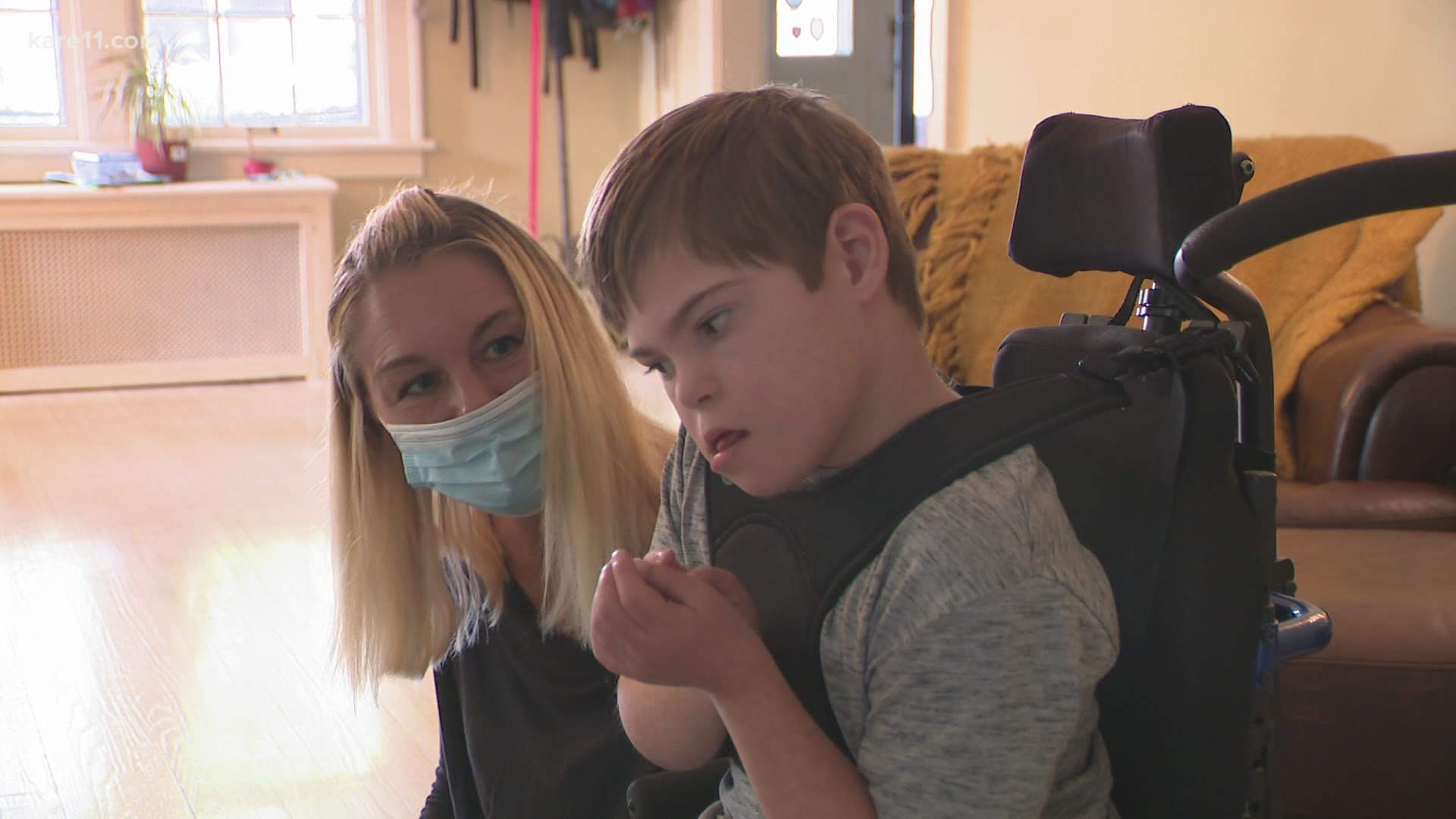ST PAUL, Minn — Parents of children with severe special needs say they are caught in the middle of government red tape, unable to access the help their kids need to learn during the pandemic. As a result, the Individualized Education Plans, or IEPs, that schools are required to provide are not being met.
Charlie Drayton is a 10-year-old who normally attends Bridgeview School, a specialized school in St. Paul for children with disabilities. But the COVID crisis has forced the school to do distance learning.
“He loves school,” says his mom Teagan Drayton. But what Charlie learns in the classroom doesn’t translate easily to Zoom on an iPad.
"They work on feeding skills, toileting, swim therapy,” his dad Chuck Drayton says about the usual classroom setting. “He does get an educational component, but he also gets the therapy that goes along with kids who have more multiple disabilities.”
Charlie, who has Downs Syndrome and Cerebral Palsy needs assistance with most daily tasks. He cannot walk or log himself onto an online class or video call. He is non-verbal.

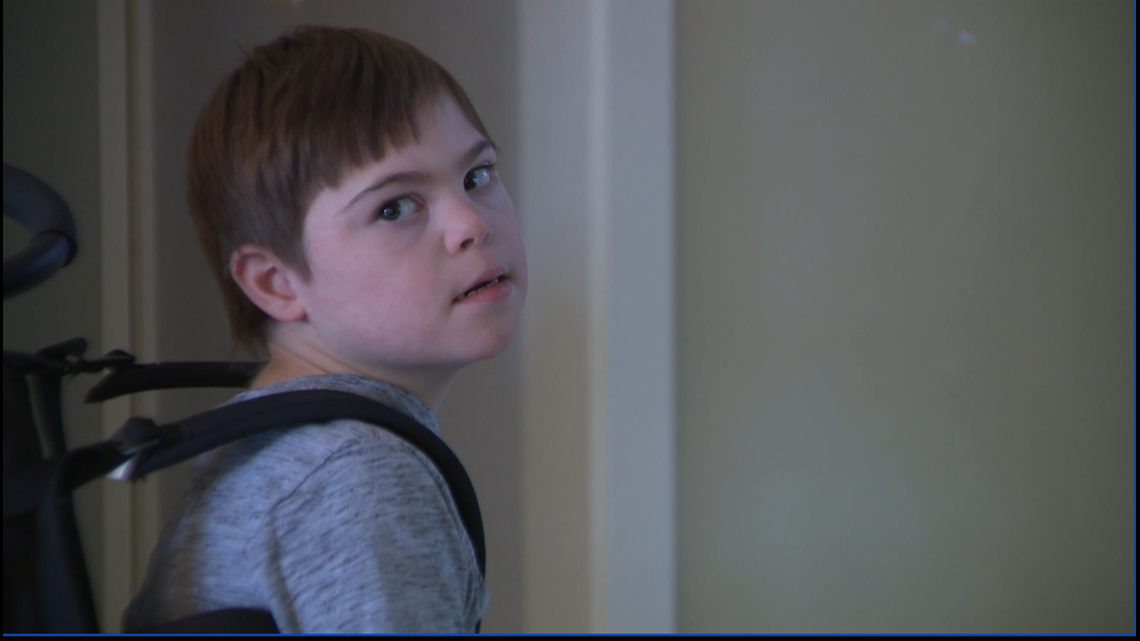
KARE 11 asked the Draytons if Charlie is getting the education he needs and is entitled to under law.
“No,” said Teagan. “His IEP is not being met. They can’t provide that because they can’t provide the one-on-one services.”
She and Chuck don’t blame his school or teachers for that. They blame the government.
“The teacher, the therapists, the school is great. Their hands are tied,” she said.
The one-on-one services Charlie and other kids need are usually provided in school by a paraprofessional trained to help kids with disabilities.
But state guidance from the Minnesota Department of Education (MDE) says those paraprofessionals cannot go into the homes of students because of COVID-19 concerns.
Meanwhile, current regulations from the Minnesota Department of Human Services (DHS) say Personal Care Attendants – private PCA’s – who help families away from school with needs like toileting and feeding cannot help with distance learning.

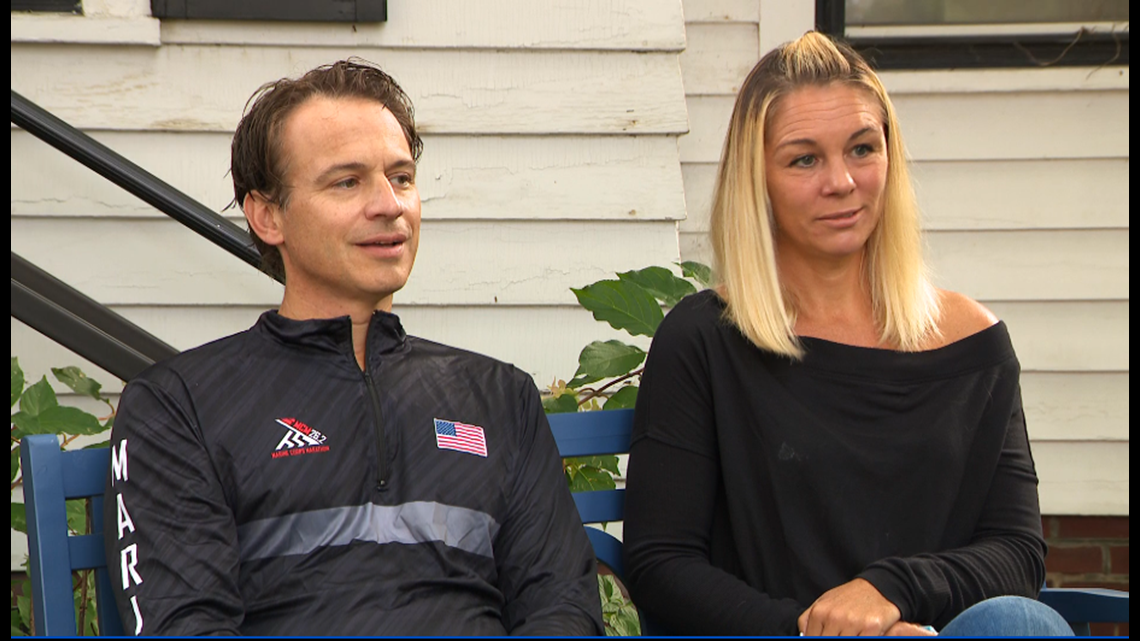
Because of that Catch-22 families say their kids are often left with no help at all during the school day.
Several families who spoke with KARE 11 say they’ve received differing answers from schools and social workers about what those guidelines mean for them.
“Parents are incredibly confused right now. They’re scared and confused about the quality of education for their children,” said Rep. Heather Edelson (DFL-Edina).

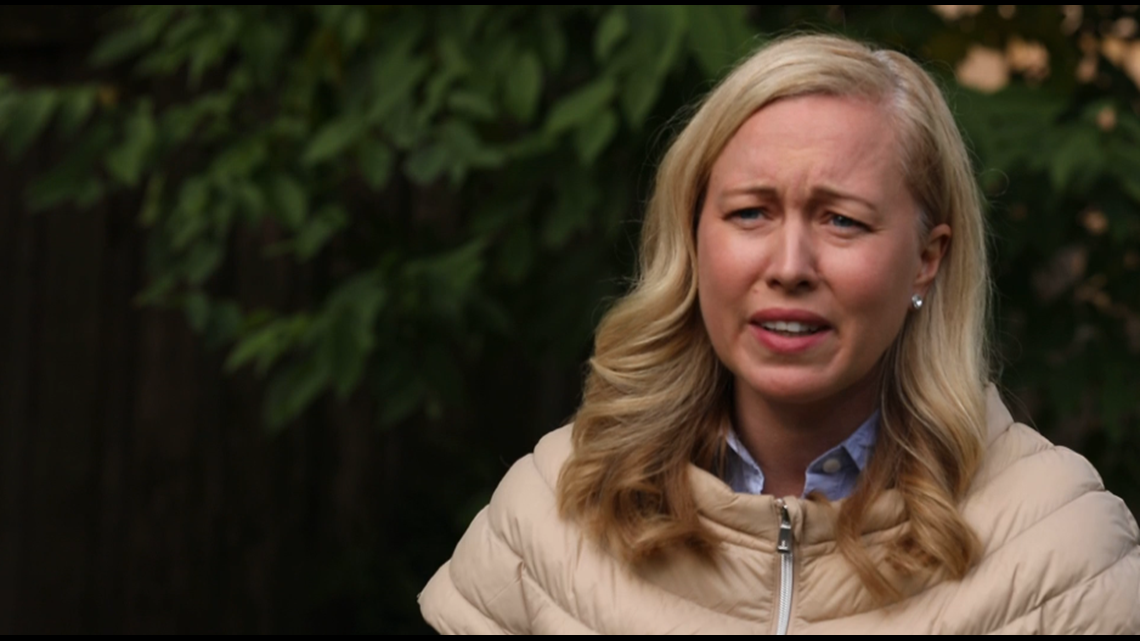
After hearing concerns of parents in her community, she’s been working to broker a solution between the Department of Education, DHS and local school districts.
She says some of the confusion comes down to who pays for what. But she’s hopeful something can be worked out to help parents struggling to provide services while working and kids who need to learn.
“If the state is creating more barriers for families, that’s a problem,” she said.
It is a problem Minnesota could be legally required to fix. Federal law makes it clear – students with disabilities are entitled to a “free appropriate public education.”
So far, Blake Kelly says that’s not what her 14-year-old son Oskar is receiving. Oskar uses a wheelchair and has little mobility in his arms, so he needs someone to feed him and assist him with his online schoolwork. He is non-verbal.
“He’s completely dependent on people for everything,” she said.
Edina Public Schools is in a hybrid model, but because of Oskar’s health needs he is distance learning.
Blake works full time and has PCAs come to the home to help Oskar. But under the guidelines, those PCAs cannot help Oskar with school work.

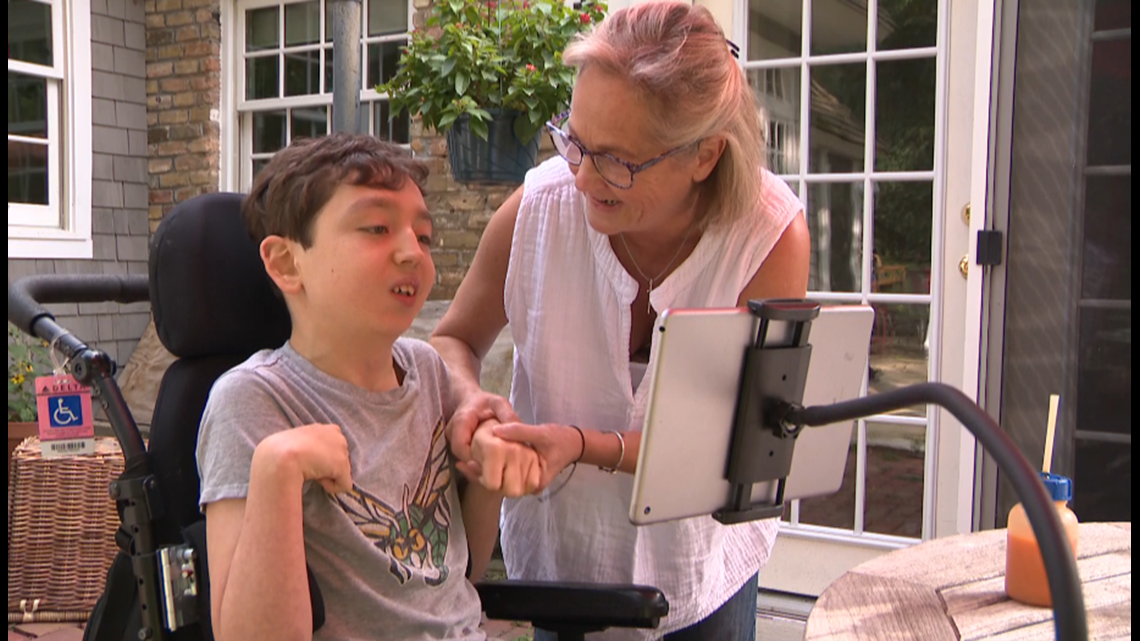
“I’m in a total bind – caught in between all these different regulations. Trying to figure out how to keep my son safe and on distance learning so I can work during the day,” she said.
School districts were told they may contract with qualified outside agencies to provide services. But the districts are not required to.
Some districts don’t have the budget. Others told KARE 11 they were confused and needed more guidance from MDE about what constitutes a “qualified” agency.
In Oskar’s case, Blake says Edina Public Schools told her they would contact her PCA agency about possibly paying them to provide services. Blake hasn’t gotten a resolution yet.
KARE 11 reached out to MDE to answer questions about why - six months into the pandemic - this issue has not been resolved. A spokesperson declined to make Education Commissioner Mary Cathryn Ricker available for an interview. The spokesperson said MDE is working on a solution.
It’s not just an issue in the school districts Charlie and Oskar attend. KARE 11 contacted some of the largest districts in the state. They say they are still awaiting more clarification and guidance from the Department of Education about how to handle the one-on-one help for special needs kids.
For families like the Draytons and Kellys, a fix can’t come soon enough.
“It’s hard because we are seeing him regress,” said Teagan Drayton.
“I know everybody’s struggling, so it’s not like I think we deserve more,” said Blake Kelly. “But we at least deserve, our kids at least deserve, the bare minimum. They deserve a little bit of help.”
MORE INVESTIGATIONS:

